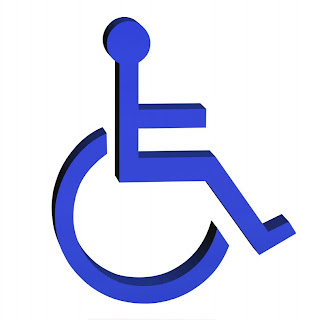Kids Learn Better If They Figure It Out Themselves
A new study reveals that toddlers have an easier time learning new words when they figure out the meanings themselves.
Meredith Brinster, an undergraduate researcher at Johns Hopkins University in Maryland, compared the effectiveness of two different word-learning strategies on 100 children between the ages of 36 and 42 months.
Her findings indicated that words learned through inference, by the process of elimination, for instance, are more easily retained than when learned through direct instruction.
"There are two ways to learn as a child: you either learn because you figured it out yourself, or you learn because somebody told you, and lots of our school-based education is engaged in people telling us things," said Justin Halberda, assistant professor of psychological and brain sciences at Johns Hopkins.
"It turns out that the kids know more words if they learn by inference and they have higher confidence in their word knowledge," he added.
For the inference trial, Brinster showed the youngsters images of both familiar and unfamiliar objects, such as a ball and a plumber's "T" connector, and after saying a made-up word, like "blicket," she asked them to identify the corresponding item.SOURCEThe children knew what a ball was so they had to infer that the plumber's "T" was the "blicket."
In the direct instruction trial, the children were simply shown the unfamiliar objects and told the made-up names.

Comments